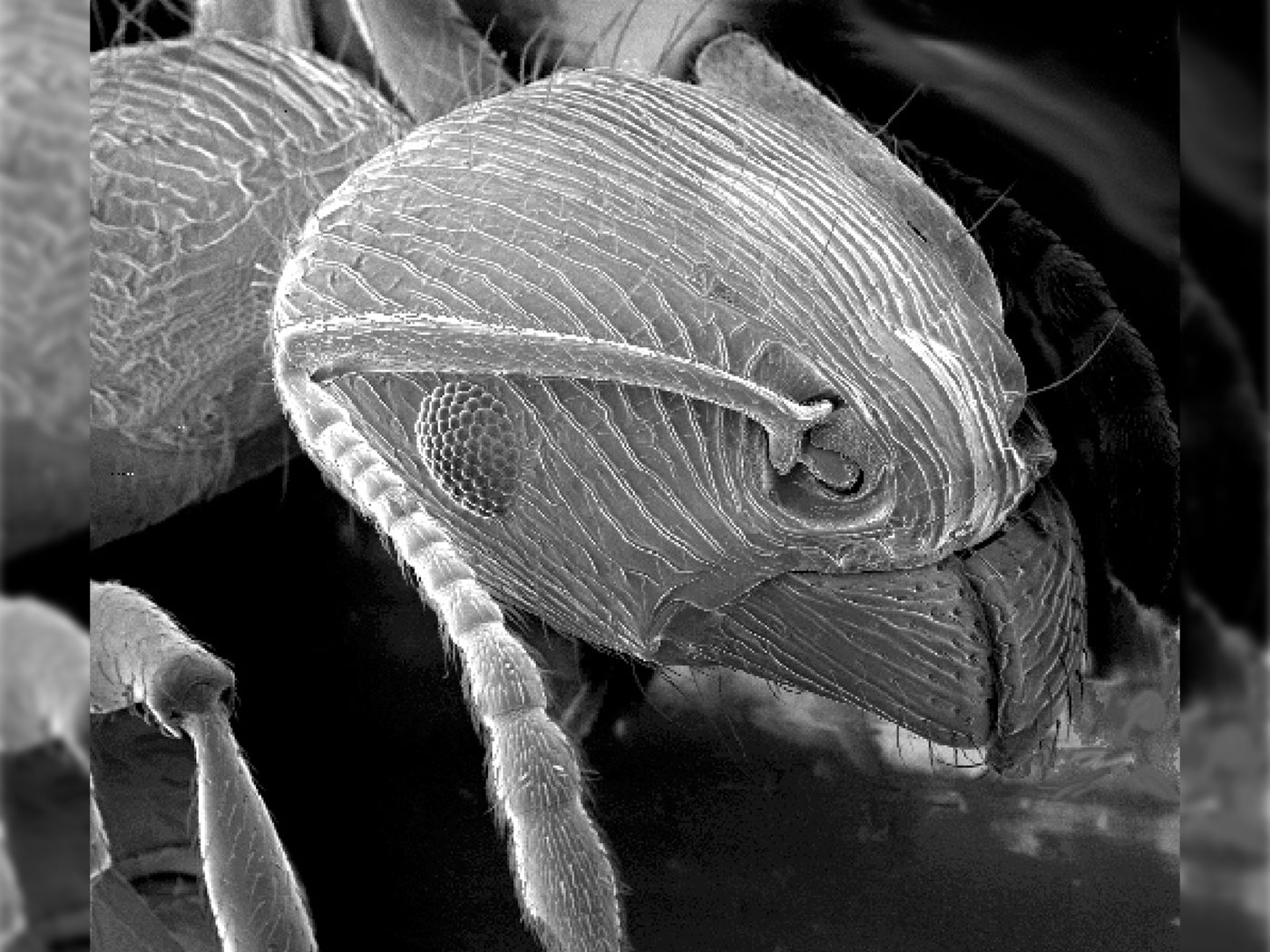“In those days there was no king in Israel, but every man did that which was right in his own eyes.” (Judges 17:6)
Four times in the book of Judges we are told that “there was no king in Israel in those days” (Judges 17:6; 18:1; 19:1; 21:25), indicating that the book must have been compiled either by Samuel (the last judge) or someone else of his or a later generation. The first and last of these (which is the final verse in the book) add that “every man did that which was right in his own eyes.” With no centralized government, there were only tribal leaders. Occasionally, one of these would acquire followers from other tribes; these were the “judges” whom God raised up to lead the people out of bondage on the occasions of widespread repentance and prayer.
The intervening periods were times of oppression by enemies and moral and spiritual chaos among the people. They did have a King, of course, but they refused Him, as did the men in the parable who “sent a message after him, saying, We will not have this man to reign over us” (Luke 19:14). When they finally requested a human king, Samuel rebuked them for saying, “Nay; but a king shall reign over us: when the LORD your God was your king” (1 Samuel 12:12).
Lest we be too critical of the ancient Israelites for rejecting God as their king and going each his own way, that is essentially what people are doing today. “There is no fear of God before their eyes,” and they are “lovers of pleasures more than lovers of God” (Romans 3:18; 2 Timothy 3:4). When every man believes what is comfortable and does as he pleases, he in effect becomes his own god, and this is nothing but humanism. But just as this ancient humanism was empty and the people soon desired a human king, so modern atheistic humanism will also revert to pantheism, and the world will then yield to a humanistic king to lead them on to a final deadly confrontation with the true King of kings. HMM

Days of Praise Podcast is a podcast based on the Institute for Creation Research quarterly print devotional, Days of Praise. Start your day with devotional readings written by Dr. Henry Morris, Dr. Henry Morris III, Dr. John Morris, and others to strengthen and encourage you in your Christian faith.





























